Whenever Corbin Conover traveled to Arlington before the pandemic, his trip would usually include circling his destination and making laps around the block looking for on- street parking.
But since COVID hit, the Warrenton, Virginia, resident has found more open spots on the street.
Instead of opting to pay more and park in a garage, Conover had endless options one November afternoon when looking for a parking spot on Route 237 in Ballston near the Virginia Square metro.
“I’ve really noticed after the pandemic… there are less people definitely parking these days,” he said.
Conover may like the variety of street parking options, but the empty streets bring repercussions for Arlington County.
The county lost $11.5 million dollars since COVID-19 drove people and business owners from the need to park on the street.
According to parking meter revenue data reviewed by The Wash, the lack of cars using on-street parking and fewer drivers putting money in meters has led the county to a significant revenue loss of $5.3 million between 2019 and 2020.
Parking meter transaction data shows revenue plummeted from $11.5 million in 2019 to $6.2 million the following year.
The trend continued this year. Revenue generated through November stands at $6.3 million.
“People haven’t entirely gone back to normal yet,” Arlington County Parking Manager Melissa McMahon said.
According to McMahon, the parking meter transaction data includes all credit card transactions drivers make using a parking meter or paying through an app.
“We can say that from the meter data that we had about half the occupancy during the depths of COVID than we have in a normal year,” she said.
The drop in the number of credit card transactions supports the significant revenue loss. With nearly 5 million transactions in 2019, the county saw 2.3 million the following year and the trend is continuing for 2021, according to the data.
“During COVID, we saw about 45% of our expected monthly revenue out of the meters program,” McMahon said.
McMahon said the county didn’t implement any parking freezes during COVID-19 or change meter enforcement strategies.
However, she said the county reviewed new accommodations for curbside pickups and drop-off zones to convert standard metered parking into short-term parking.
“We’ve implemented several of these 15-minute, short-term, free parking zones throughout the county,” she said.
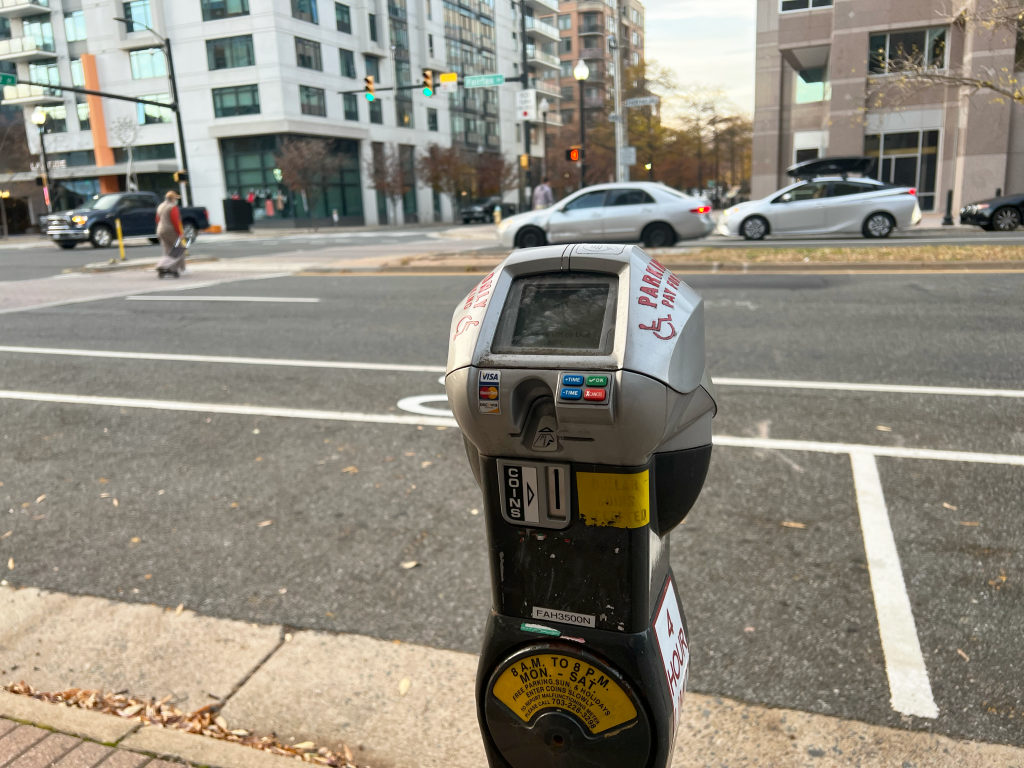
Parking meter revenue generated is used for the county’s general fund and dispersed as part of the county manager’s budget, according to McMahon. The revenue does not fund any specific program.
“As far as the meters program is concerned, its driving force is not as a revenue generation scheme,” she said.
Arlington County identified its COVID recovery period from April 2021 to October 2021 and McMahon said during this time, parking meter revenue increased to about 70% of typical revenue generated from before the pandemic.
“I’m pretty happy with the revenue recovery that we’re seeing,” she said.
Eric Haggett, a financial specialist at Walker Consultants, a Chicago-based parking firm, said he was not surprised to see Arlington County’s revenue drop.
“I’m not sure if there’s a parking owner in the country that has recovered fully and many are still far down, way down, from where they were pre-COVID,” he said.
Many cities stopped enforcing parking during shutdowns at the beginning of the pandemic, according to Haggett, and the focus shifted to making sure parking was easily accessible for curbside pickups.
“I don’t know if any municipality or many municipalities have really figured out how to get back to even out where they were in 2019,” he said.
Haggett said while parking trends vary in cities and counties, he has seen local governments working to monetize short-term parking without the traditional hour or two hour time limits.
He anticipates seeing a permanent replacement of on-street parking spaces with more permanent flexible zones for pickup and drop off deliveries.
Arlington County drivers said they’ve noticed a slight change in the number of cars using street parking in recent months.
Arlington resident Shirley Ruhe said she spent most of the pandemic working from home, but recently started to venture out for work.
“Now that I’m out again, I’ve noticed it’s gradual,” she said. “It’s not as bad as it was before to find a parking place but it’s getting a little hard.”
Rachel Finn lives in Alexandria but frequently visits Arlington. She said she started to notice street parking trends change over the last six months where streets have become more crowded.
“I feel like it’s increased rapidly in the last month,” she said.
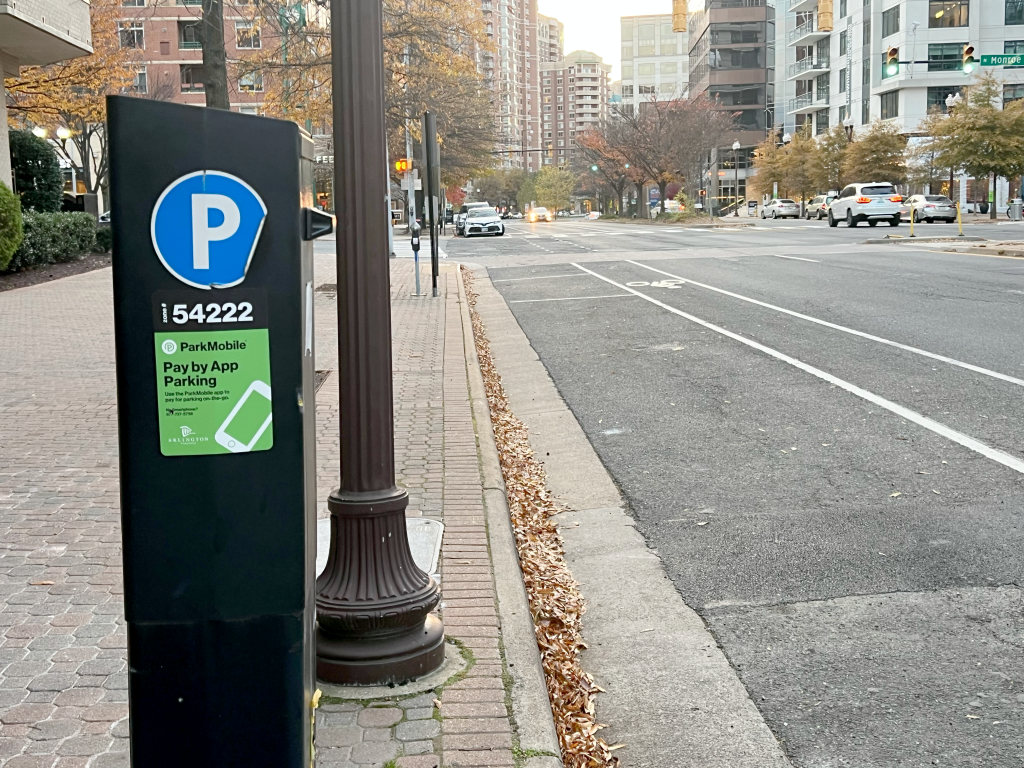
After finding a spot on North Fillmore St., a more congested street in Clarendon, driver Tariq Hilaire said he’s been noticing a similar trend.
“During the heat of covid there was a lot less traffic in general which means a lot less people were coming to the city areas,” he said. “There definitely are a lot more people now that COVID is starting to die down.”
According to the county’s budget, parking meter revenues for fiscal year 2022 are expected to decrease 13 percent.
“My gut instinct is that it’s going to go back to normal primarily because the way people use metered space is really for those social, recreational and business interactions that people are going to want to do again after COVID is done,” Arlington County’s McMahon said.

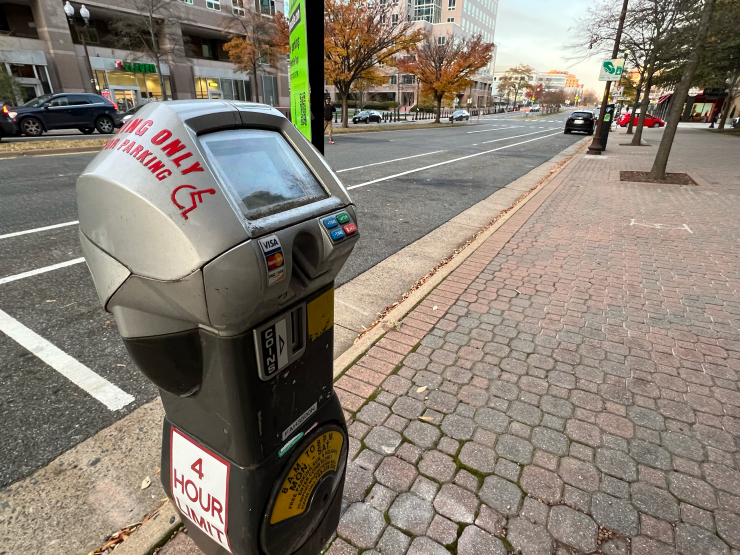
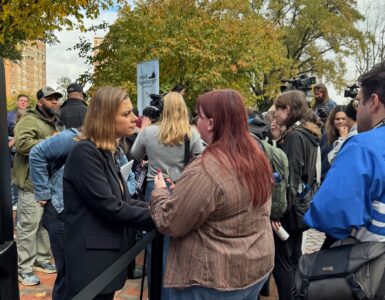
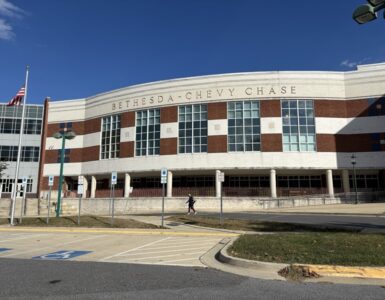
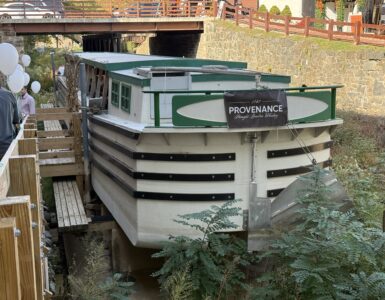










Add comment